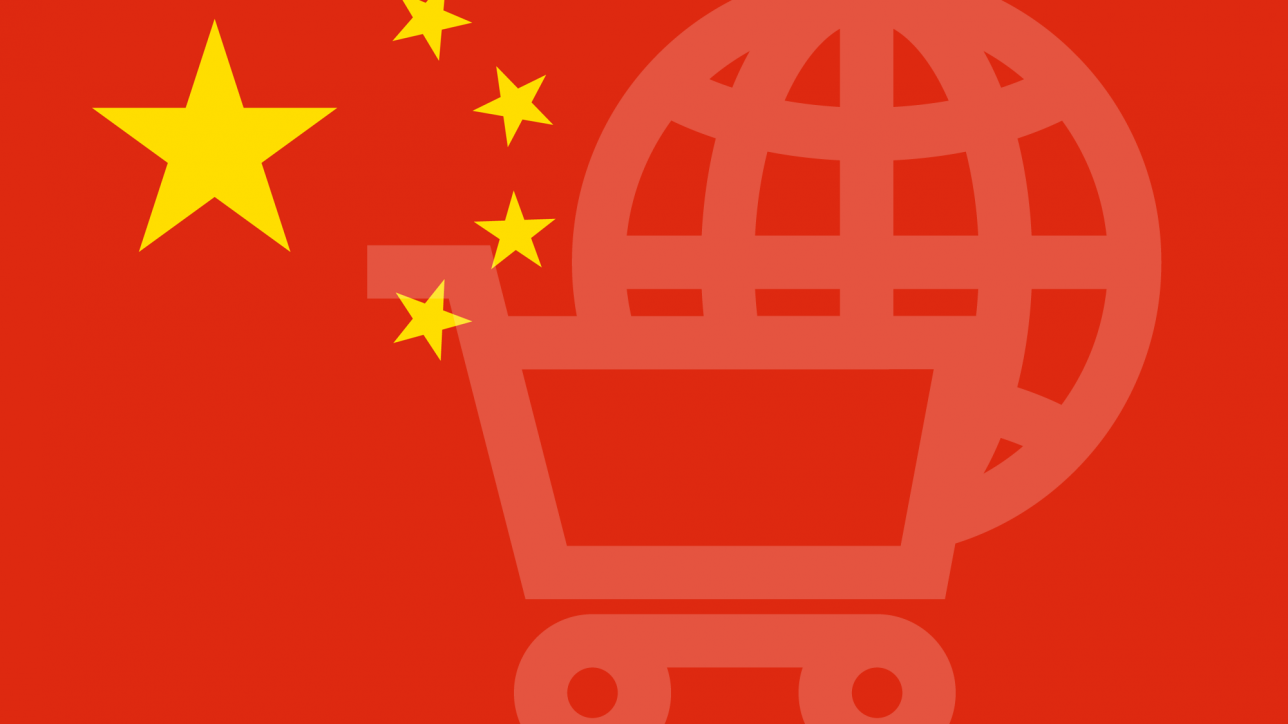China e-commerce platforms are rife with counterfeits, but with new laws and regulations coming in 2019 now is the perfect time for brands to protect their products and succeed in this world-leading market.
Empty shelves, crying babies and angry confrontations – these are the images that we have come to associate with Australia’s baby formula shortage in the past three years. And why are Australian mothers tearfully pleading for their children on TV news? Surprisingly, China’s cross-border e-commerce market has a lot to answer for when it comes to Aussie infants going without.
A trillion dollar industry
More than a decade ago China had a contaminated milk outbreak and six infants died. This, along with thousands of other tainted and counterfeit food and product problems across the country led to a huge interest from Chinese consumers in obtaining overseas products from highly regulated markets, like Australia.
Also 10 years ago, according to a December 2017 report from the McKinsey Global Institute, China accounted for less than one per cent of the value of worldwide e-commerce transactions. Today, that share is more than 40 per cent, and the current value of China’s e-commerce transactions is estimated to be larger than in France, Germany, Japan, the United Kingdom and the United States (US) combined.
China’s e-commerce market is now the largest in the world, and according to the Australia China Business Review it was worth more than US$930 billion in 2017 and is expected to surpass US$1 trillion this year. So, how did the market grow so big so quickly? And, what exactly are these new Chinese government e-commerce laws everyone is talking about? And, most importantly, what does your brand need to know to be able to succeed in this rapidly changing market?
Brand authenticity and the daigou
A range of different business models contributes to China’s e-commerce market. Large online platform operators, such as Pinduoduo, JD.com and Alibaba’s Tmall host thousands of shops and brands – from China and overseas – that sell directly to Chinese online shoppers.
A 2017 PWC report states that Tmall far and away dominates, with a 53 per cent market share, and a staggering 97 per cent of Chinese online shoppers use the platform. However, due to limited intellectual property protections and regulations in China counterfeit brands and fake products have proliferated on these platforms and many shoppers are wary of purchasing online, especially in the food, health and beauty categories.
And, so, a cottage industry of Chinese personal shoppers, known as daigou, has risen to prominence. While daigou have been around for decades – buying international brands overseas for family and friends and shipping goods back to China to make a small profit – it is only with the advent of apps such as WeChat and Taobao that daigou have had the means to turn a small side hustle into a full blown business.
The products daigou ship to China are deemed ‘safe’ because they come direct from Australian supermarket shelves. And this is where angry Aussie parents come in – daigou are no longer just helping family and friends back home, they are stocking up on inventory and taking more than their fair share.
Mumbrella claims that there are now more than 100,000 daigou operating in Australia and estimates they are turning over roughly AU $100 billion each year. There is even a chain of stores, AuMake, where daigou can shop, pack and send Australian products direct from the store. The ASX listed company has eight outlets in Sydney with plans to expand to other capital cities.
A shifting market
Many Australian brands have begun working directly with daigou as they see it as a great way to enter China’s notoriously competitive market. Others have rolled the dice and listed their products directly on the big e-commerce platforms, hoping that their authentic products will shine through amongst the thousands of fakes.
But, still, a recent report by Westpac and AustCham revealed that just 16 per cent of Australian businesses have a detailed China e-commerce strategy. The market is still too confusing, daunting, and unregulated for many overseas businesses to take the gamble.
But, as of 1 January 2019 the status quo is changing. In an effort to fight counterfeits, improve competition and protect consumer rights, a new comprehensive e-commerce law will come into effect. E-commerce platforms will now have to share the responsibility with sellers in protecting intellectual property rights, and they can even be fined up to US $300,000 for failing to respond to claims of counterfeit items. Platforms will also have to do more to stop fake reviews.
Plus, clearly calling out the daigou, individual-run online stores will now have to apply for a business license and pay taxes. While daigou are less likely to sell, or be suspected of selling, counterfeit products, these new regulations will seriously cut into their margins and many will have to exit the market completely.
A new year brings growth
So, what does all this mean? A more controlled and regulated cross-border China e-commerce market is great news for legitimate brands that have implemented a solid anti-counterfeit solution that delivers undisputable track and trace through the supply chain, and that has the ability for customers to scan products for authenticity with their smartphone. The daigou market will get smaller, and the larger e-commerce platforms will want to work with, and actively promote, brands that make their ability to meet Chinese legislation easy and fuss-free.
YPB’s industry-leading anti-counterfeit solutions such as ProtectCode, Motif Micro and Vintail ensure traceability through the supply chain to the point of sale, meaning you can protect your brand and enter the world’s largest e-commerce market in one fell swoop. Better yet, YPB’s anti-counterfeit technologies are smartphone readable, delivering fast and easy certainty of authenticity. This enables authenticity to trigger engagement – a digital marketing bridge between brand and customer, delivering valuable data on who is buying your products.

